Eat Real Visits Our Mid-South Partners
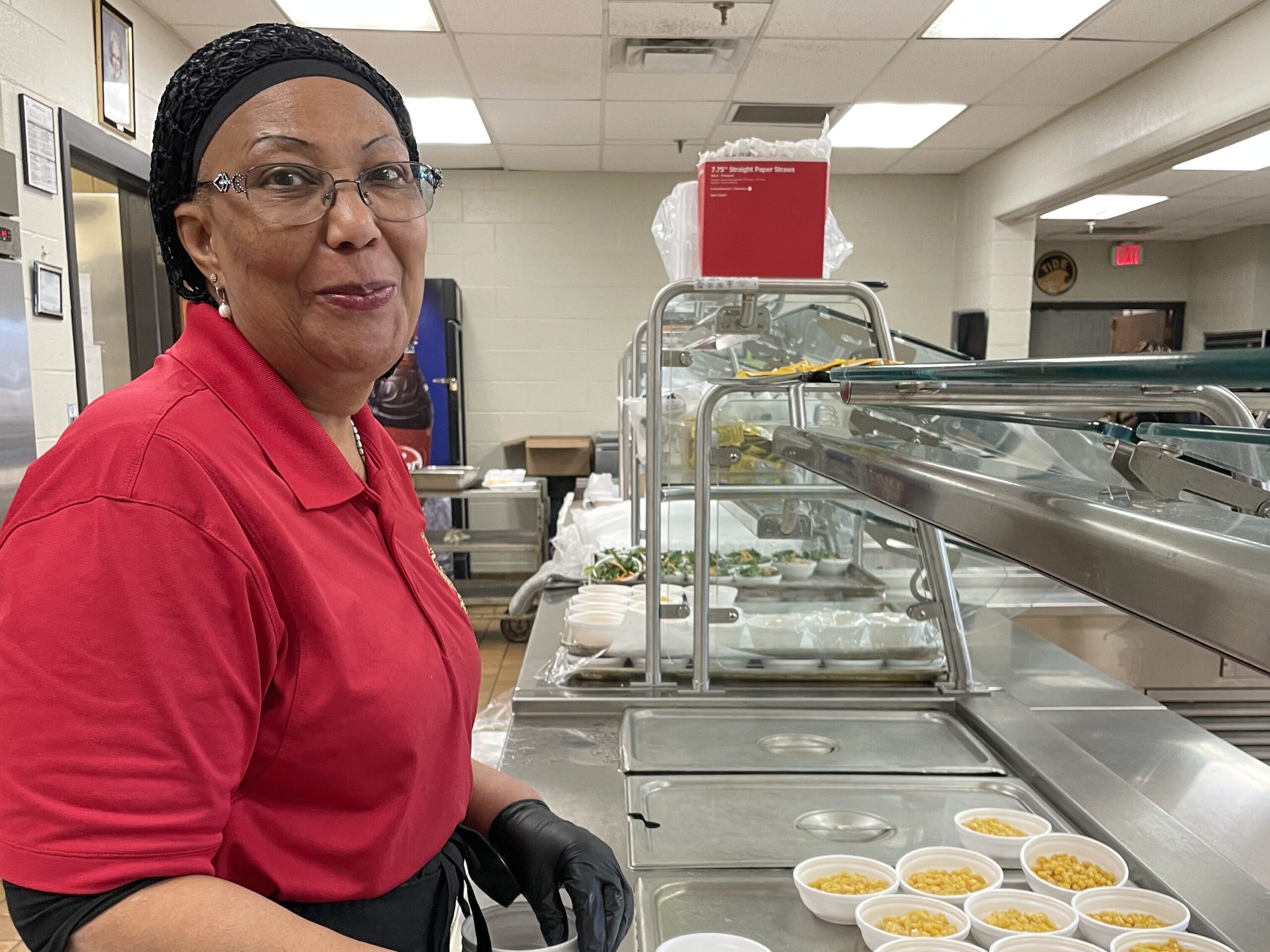
As we get into spring and celebrate new growth, we wanted to share an update on the work we’ve been doing to expand our award-winning certification program across the country. We recently introduced our Mid-South partners and we’re so excited to have kicked off our partnership with four school districts in the area!
We received a USDA Farm to School Grant in 2022 along with Communities Unlimited, a nonprofit based in Arkansas, and Healthy Flavors, a food and farm program in Tennessee, to strengthen farm-to-school programs and recently, our Eat Real team members were able to visit three of the school sites.
What is the USDA Farm to School Grant?
The U.S. Department of Agriculture (USDA) awarded more than $10 million in Farm to School Grants to 123 projects across the country and empower states with $60 million in non-competitive grants to develop stronger and sustainable Farm to School programs over the next four years. Both actions will help more kids nationwide eat healthy, homegrown foods. Farm to School increases the amount of locally produced foods served through child nutrition programs, while also educating children about how their foods are harvested and made. Various child nutrition operators can participate in farm to school, from states and tribal nations to schools and community organizations.
Finalizing program assessments
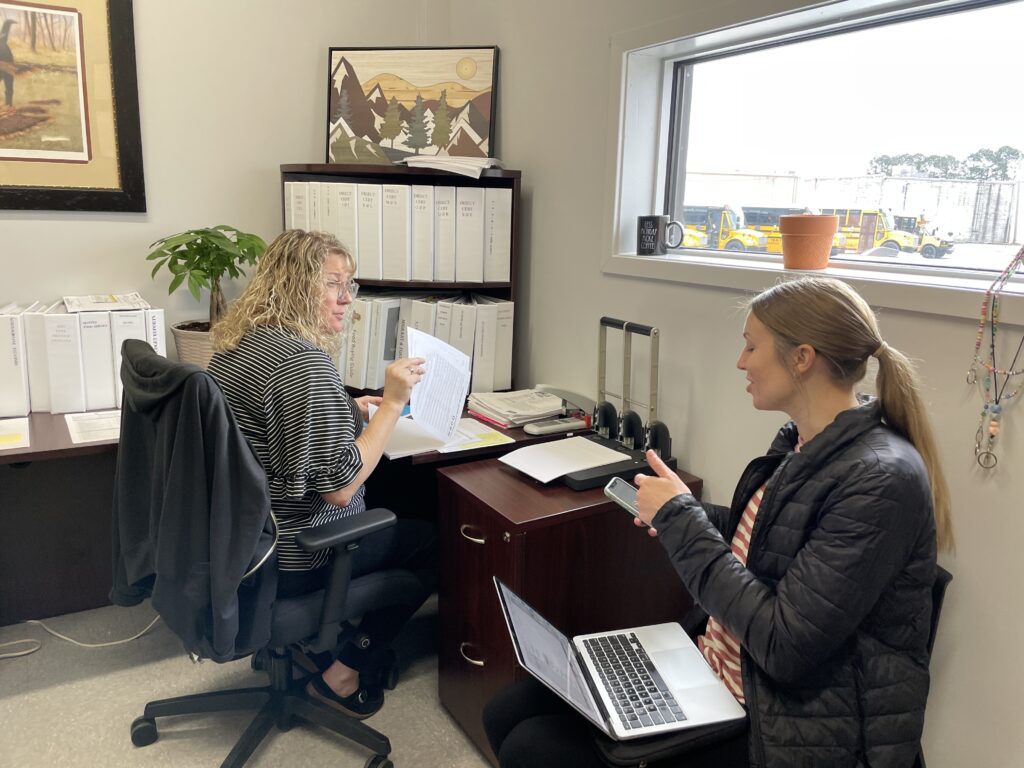
In February, Jiwon Jun, Director of Eat Real’s K-12 Program, and Kristin Crowther, Eat Real’s Registered Dietician consultant, visited Milan Special School District, Trenton Special School District, and Paragould School District, in Tennessee and Arkansas to finish up their baseline assessment and learn more about their meal programs.
A dedicated nutrition team
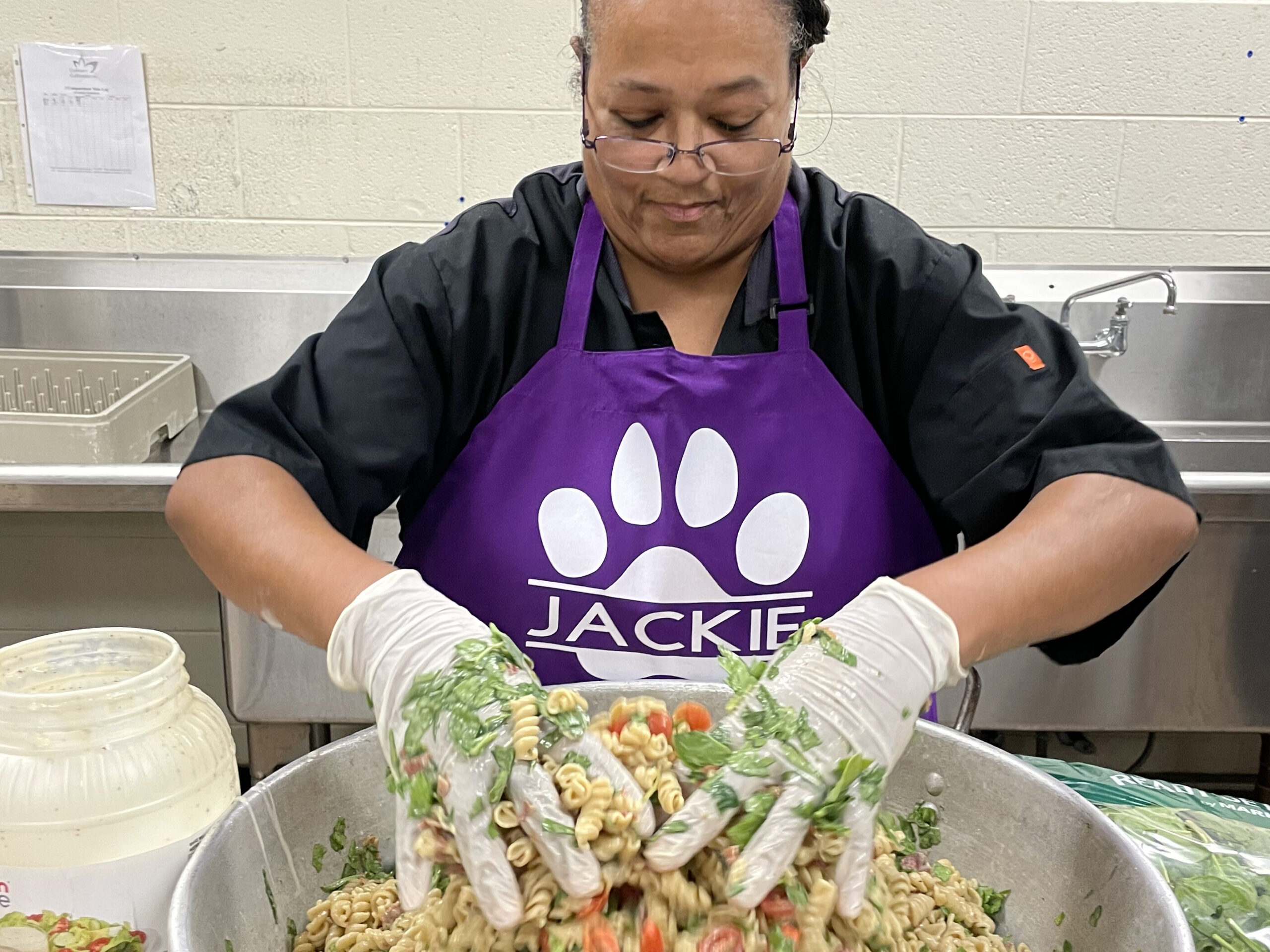
Milan Special School District in northwestern Tennessee welcomed the Eat Real team and demonstrated how open they are to learning how to make effective and impactful changes to their meal program, with the improvement of student wellbeing as the central focus. According to Jiwon, “the staff are extremely kind to everyone and dedicated to learning new recipes and new skills, and adding more scratch-cooked ingredients into their program.”
“The staff are dedicated to learning new recipes and new skills, and adding more scratch-cooked ingredients into their program.”
Jiwon Jun, Eat Real Director K-12 Program
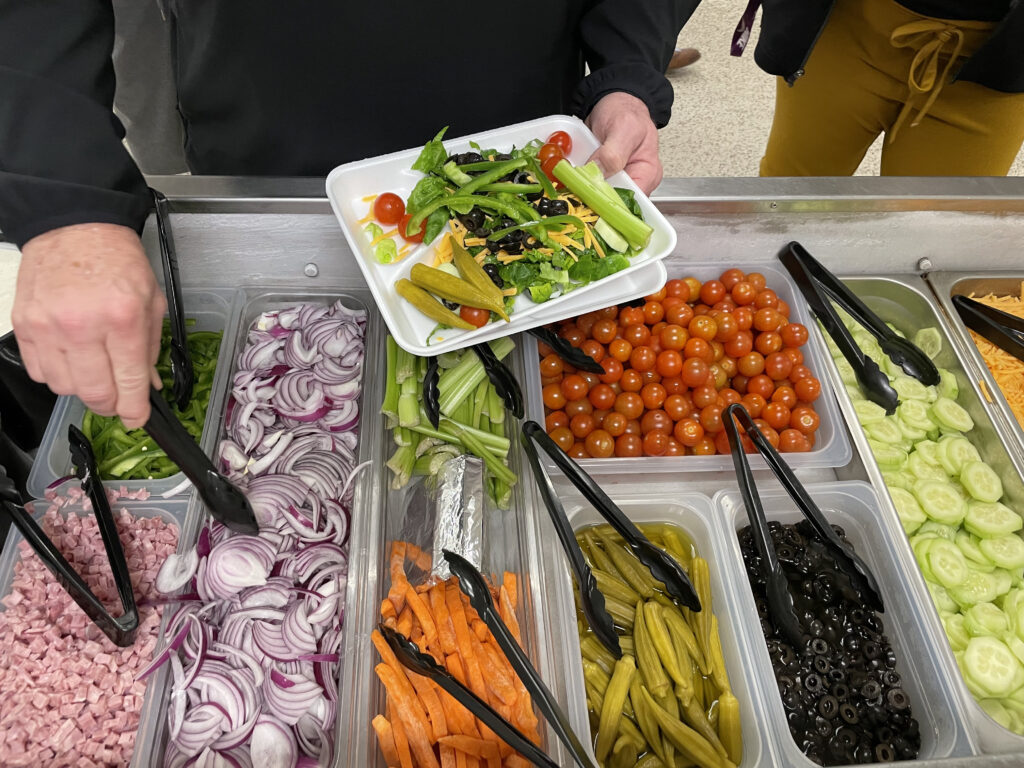
The district, led by Food Service Director Vickie Dunaway, is really trying to increase their local procurement and improve their farm-to-school program by serving more fresh fruit from local farmers. They would like to have a hydroponic farm in their cafeteria so that students can learn more about nutrition education in a hands-on way and they have been talking to local ranchers about bringing local beef back into the district.
Building a robust farm to school program
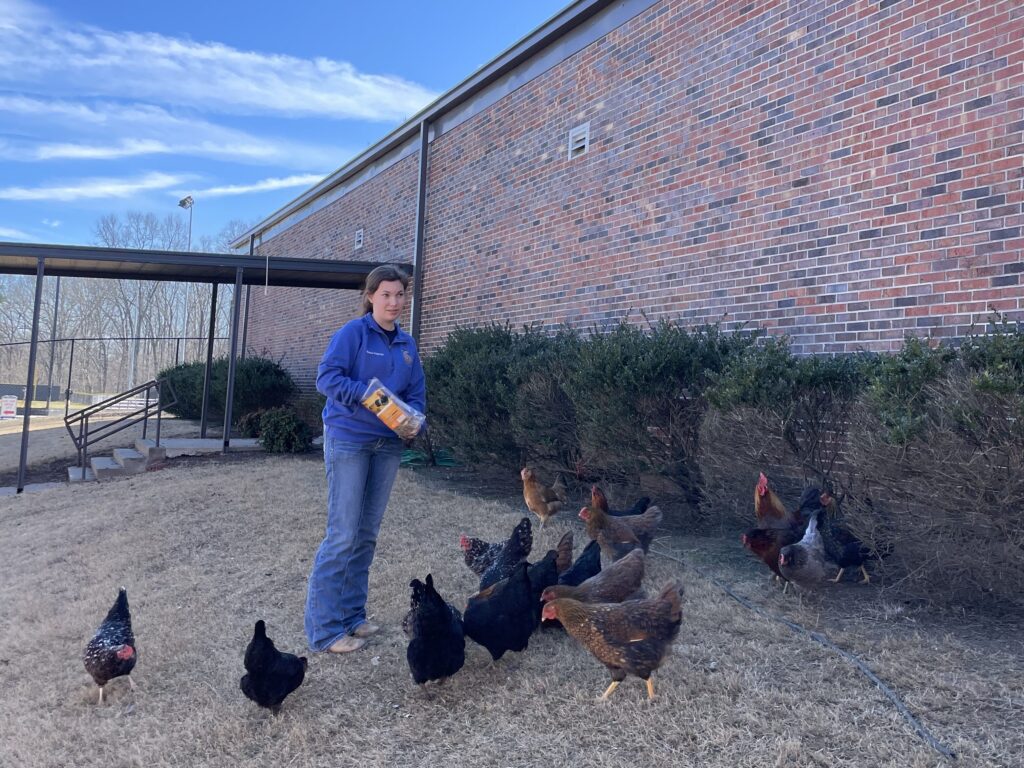
Also in northwestern Tennessee, Trenton Special School District is forging strong relationships between the agriculture department at the high school and the district’s nutrition department. At Eat Real’s visit, Lisa Seiber-Garland, Trenton’s Food Service Director, showed our team how they are learning and experimenting with their recently acquired greenhouses and hydroponics gardens, as well as their brood of chickens, to provide fresh greens, produce and eggs for their school meal programs.
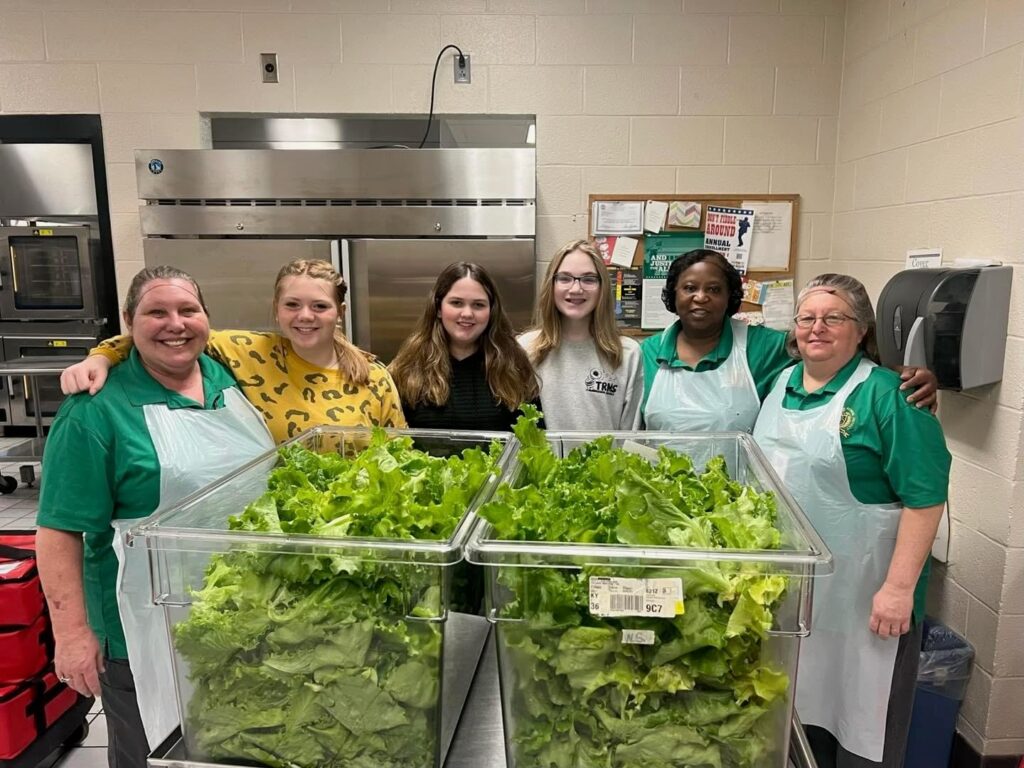
They are also working on bringing more local produce from local farmers into the cafeteria. On the day of our visit, they were serving fresh kale that had been grown at nearby Blackberry Pond Farms.
Getting local produce
During our visit to Paragould School District, we were impressed by the dedication of Assistant Food Service Director, Katrina Brewer, to procuring local food for students and exposing them to new foods. “Whenever Katrina has the opportunity to buy local,” Jiwon shared, “she’ll buy it up immediately, even if it’s not on the menu.” A student favorite? Fried okra, bought fresh and processed by her team.

Across all three districts Jiwon and Kristin visited, the care the Food Service Directors have for their students is resoundingly evident. These inspiring Food Service Directors truly believe that the healthy habits and the fresh, whole foods their students are being increasingly exposed to in the cafeteria will serve them well throughout their lives, shaping their adulthoods.

Interested in seeing what these districts do next, as part of this growing Mid-South farm-to-school cohort? Be sure to sign up for our newsletter to get updates!
About Eat Real
Eat Real nourishes the future of American school children by working with school districts through their award-winning K-12 certification program. Food Service leaders are provided both the framework and support they need to make their school menus more delicious, nutritious and planet-sustaining. To achieve Eat Real certification, a district must meet a set of minimum requirements and earn a score of at least 60% to be green tier certified, based on an assessment against the 10 Eat Real Standards.
